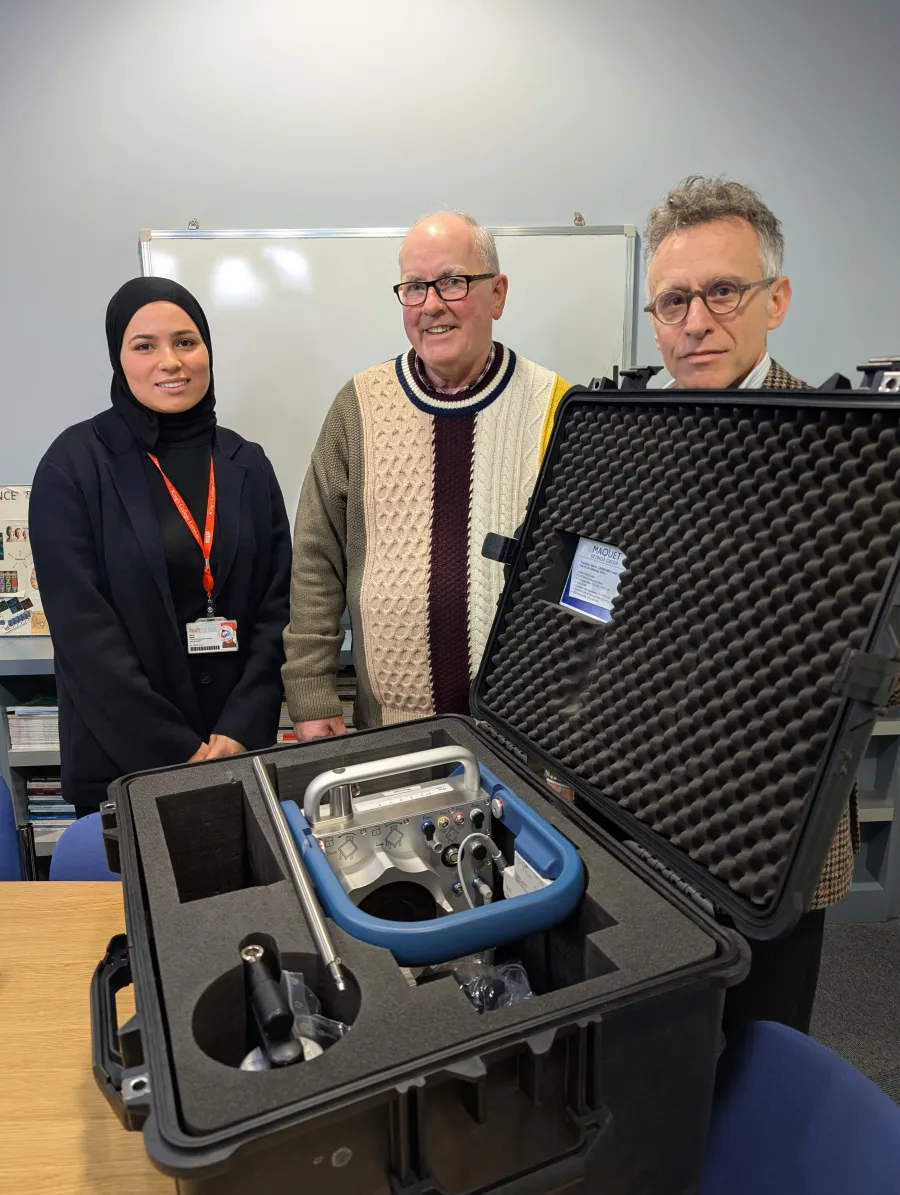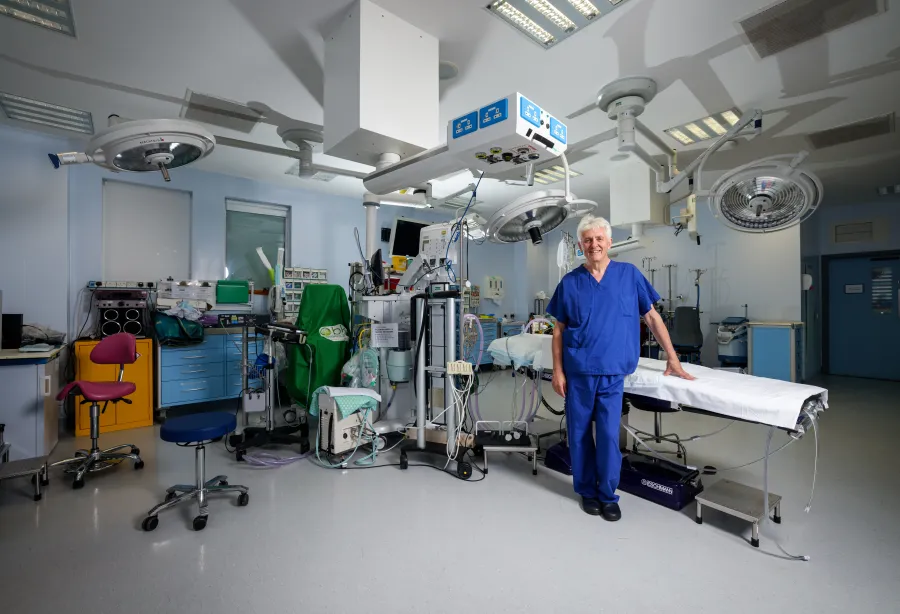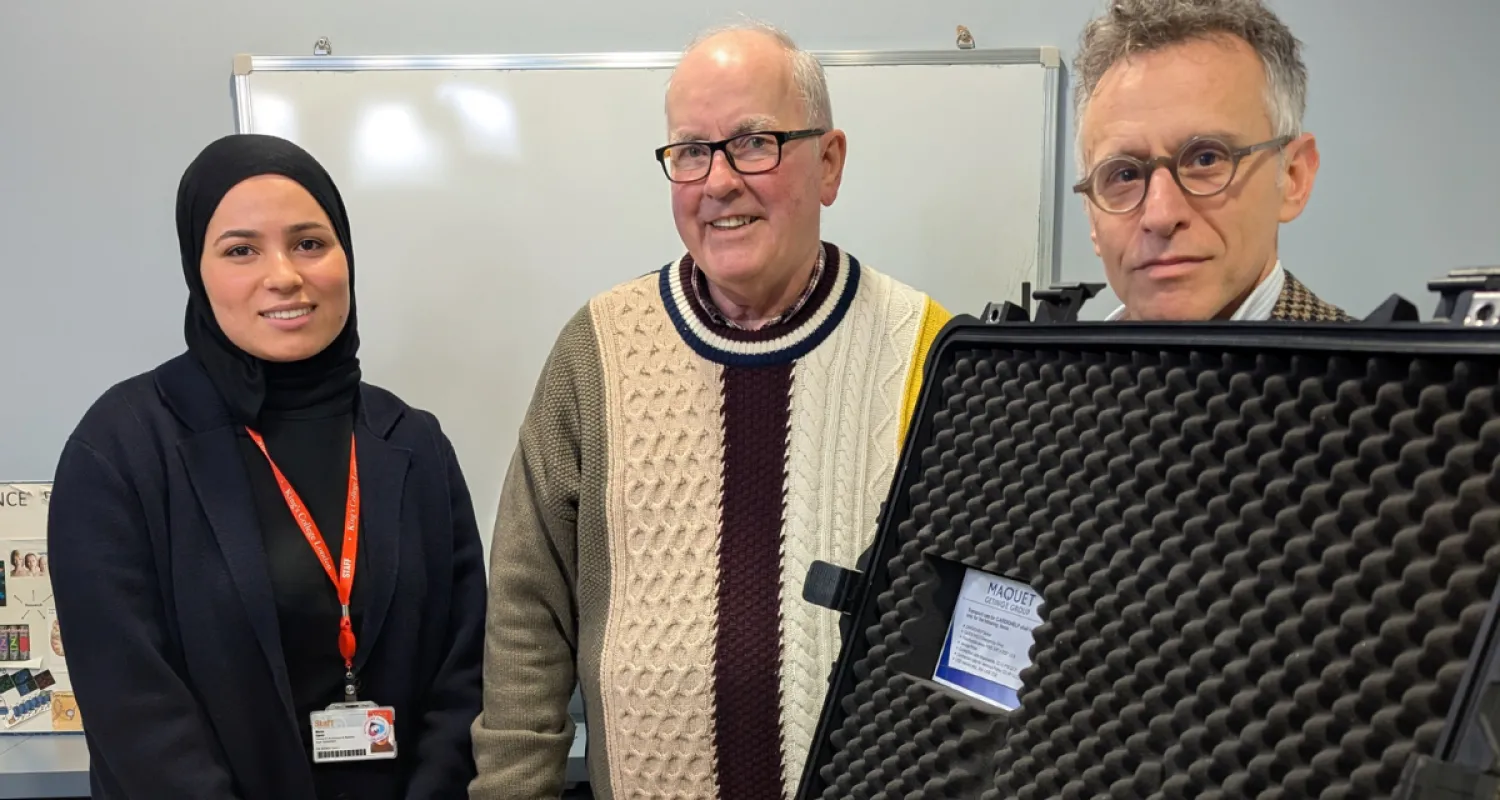As part of Love Your Liver month, we’re spotlighting our new state-of-the-art equipment which improves treatment for patients receiving liver transplants.
Our new Cardiohelp machine, funded by our incredible donor Ralph Smith, keeps donor livers in the best possible condition before they’re transplanted, which means more livers can be transplanted to patients with liver failure, and many more lives can be saved.
It is typically only possible to transplant 37% of livers coming from donors with circulatory arrest, because these livers often function poorly after transplantation, and sometimes develop damage to the bile ducts that cannot be treated.

This is because they do not tolerate cold storage, which is the traditional way livers are kept and transported after they have been removed from the donor.
Although good quality donor livers can be kept in an ice box for up to 12 hours, livers coming from patients after circulatory death, and others such as those with excess fat, are more vulnerable and suffer significant damage in the process.
As a result, surgeons often aren't able to use them.
But with the help of the new Cardiohelp machine, thousands of livers are made viable, and thousands of patients on the transplant list can get their livers sooner.
The machine does this by reducing the damage that can occur to the bile ducts in the transplantation process.
It also reduces post-op complications, lessening risks and worry for patients.
This incredible work would not be possible without us, or without our generous donor Ralph.
Donate

